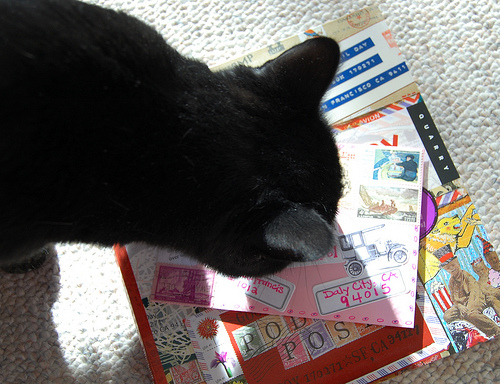The 10 Most Important Questions to Ask about Your Scenes
In my work as a professional freelance copyeditor and critiquer for publishers, literary agents, and authors in six continents, I…

In my work as a professional freelance copyeditor and critiquer for publishers, literary agents, and authors in six continents, I…

Here are some thoughts discussed in my book Writing the Heart of Your Story—important things for novelists to think about…

This is a reprint from 10 years ago, looking at one of my absolutely favorite movies. If you haven’t seen…

Here’s another post I wrote ten years ago on theme. Enjoy! I can’t resist talking about my favorite movie—well, my…

Today’s post is a reprint from 10 years ago. Theme is so important in a work of fiction, so dig…

This post originally ran on Jane Friedman’s blog in 2017. Be aware there are mature passages in here. Voice is…

“The idea is to write so that people hear it, and it slides through the brain and goes straight to…

I started thinking about universality since we want our novel’s theme to have universal appeal—meaning a whole bunch of people…

Sol Stein, the famous editor, author, and writing instructor, has a very short chapter in his classic book Stein on…

Subscribe to my email blasts to level up your writing and be notified of upcoming events and offers!
No products in the cart.